Java Books MultithreadingJava Multithreading is an essential feature that allows developers to write programs that can run concurrently on multiple threads. It helps developers to create responsive applications and improve the performance of the software. Many books have been written on this topic, providing in-depth knowledge of multithreading in Java. This article will discuss some of the best Java multithreading books and their cover page photos and links. 1. "Java Concurrency in Practice" by Brian Goetz, Tim Peierls, Joshua Bloch, Joseph Bowbeer, David Holmes, and Doug Lea.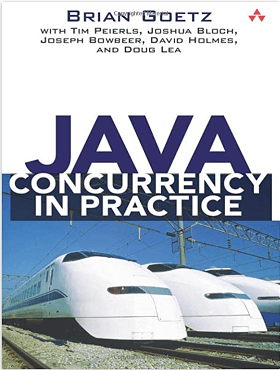
"Java Concurrency in Practice" is one of the best books on Java Multithreading. This book is authored by Brian Goetz, Tim Peierls, Joshua Bloch, Joseph Bowbeer, David Holmes, and Doug Lea. The authors are experts in Java Multithreading and have years of experience designing and developing multithreaded applications. This book covers various aspects of Java Multithreading, including thread safety, synchronization, deadlock, liveness, and performance issues. It also covers advanced topics such as Executors, Future, Callable, and concurrent collections. The book uses real-world examples to demonstrate the concepts, matching them easy to understand and apply. 2. "Java Threads" by Scott Oaks and Henry Wong.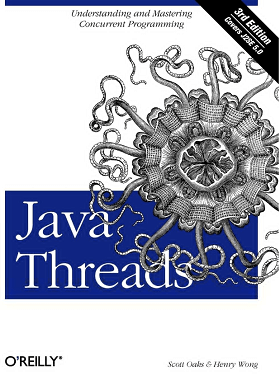
"Java Threads" is another popular book on Java Multithreading. Scott Oaks and Henry Wong author the book. Scott Oaks is a software architect at Orac with years of experience developing multithreaded applications. Henry Wong is a Java developer with experience designing and developing complex applications. This book provides a comprehensive guide to Java Multithreading, covering threads, synchronization, and deadlock topics. It also covers advanced topics such as thread pooling, thread groups, and thread interruption. The book provides practical examples that help readers understand and apply the concepts in real-world scenarios. 3. "Java 9 Concurrency Cookbook" by Javier Fernandez Gonzalez.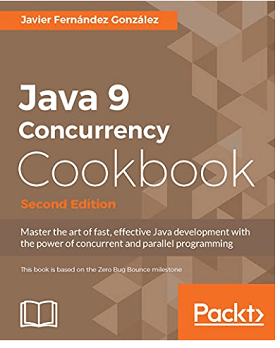
"Java 9 Concurrency Cookbook" is a comprehensive guide to Java Multithreading. Javier Fernandez Gonzalez, an experienced Java developer and software architect, authored the book. This book covers various aspects of Java Multithreading, including thread creation, synchronization, communication, and thread pools. It also covers advanced topics such as parallel streams, CompletableFuture, and reactive programming. The book provides practical examples that help readers understand and apply the concepts in real-world scenarios. 4. "Java Multithreading, Third Edition" by Timothy Budd.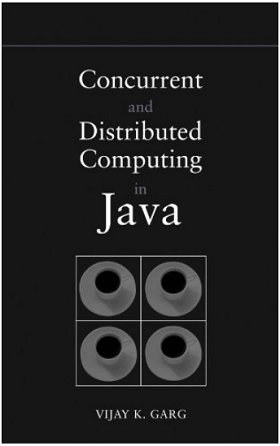
Concurrent and Distributed Computing in Java addresses fundamental concepts in concurrent computing with Java examples. The book consists of two parts. The first part deals with techniques for programming in shared-memory-based systems. The book covers concepts in Java such as threads, synchronized methods, waits, and notifications to expose students to basic concepts for multi-threaded programming. It also includes algorithms for mutual exclusion, consensus, atomic objects, and wait-free data structures. The second part of the book deals with programming in a message-passing system. This part covers resource allocation problems, logical clocks, global property detection, leader election, message ordering, agreement algorithms, checkpointing, and message logging. Primarily a textbook for upper-level undergraduates and graduate students, this thorough treatment will also interest professional programmers. 5. "Java Threads and Concurrency Utilities" by Andy Gross and Joseph Bowbeer.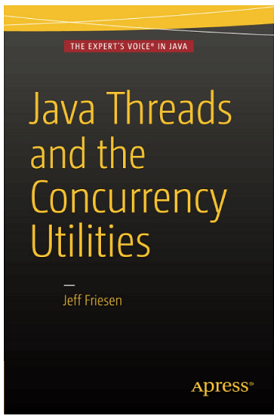
Thanks to this succinct book, all Java developers may now grasp the intricate Java thread APIs and concurrency tools. The Java developer may write accurate, intricate, and performant multithreaded programmes with the help of this expertise. Java's concurrency facilities and thread APIs are some of its most powerful and difficult features. It can be challenging for Java newbies to leverage these features to create effective multithreaded programmes. Thanks to threads and concurrency utilities, all Java developers can learn how to grasp and apply these features successfully. This book is broken up into two halves, each with four chapters. The Thread APIs are the main topic of Part 1, while Concurrency Tools are the main topic of Part 2. The fundamentals of the Thread API, runnable, synchronization, volatility, waiting, notification, and 6. "Concurrency in Java" by Marko Boger: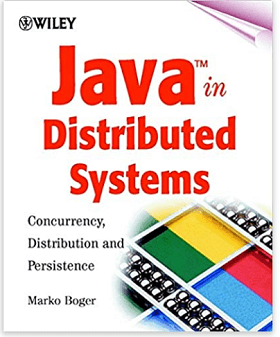
This book provides a comprehensive guide to writing concurrent and parallel programs in Java, covering topics like threads, synchronization, thread safety, and concurrent collections. The book includes practical examples that demonstrate how to use the Java concurrency APIs to build efficient, scalable, and responsive applications. 7. "Java Performance: The Definitive Guide" by Scott Oaks.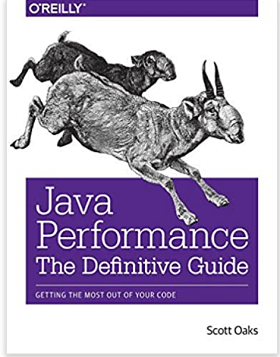
"Java Threads" is another popular book on Java Multithreading. The book is authored by Scott Oaks and Henry Wong. Scott Oaks is a software architect at Oracle and has years of experience in developing multithreaded applications. Henry Wong is a Java developer and has experience in designing and developing complex applications. This book provides a comprehensive guide to Java Multithreading, covering threads, synchronization, and deadlock topics. It also covers advanced topics such as thread pooling, thread groups, and thread interruption. The book provides practical examples that help readers understand and apply the concepts in real-world scenarios. 8. "High-Performance Java Persistence" by Vlad Mihalcea.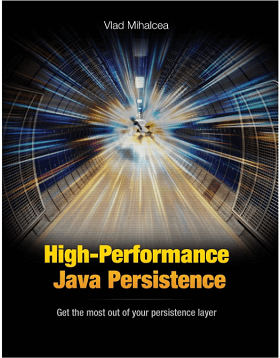
While not specifically focused on multithreading, this book provides a comprehensive guide to writing high-performance database applications in Java. The book covers topics like transaction management, caching, batching, and tuning, and it includes practical examples that demonstrate how to use Hibernate and other Java persistence frameworks to build efficient, scalable, and responsive applications.
Next TopicAdvantages of Generics in Java
|
 For Videos Join Our Youtube Channel: Join Now
For Videos Join Our Youtube Channel: Join Now
Feedback
- Send your Feedback to [email protected]
Help Others, Please Share










